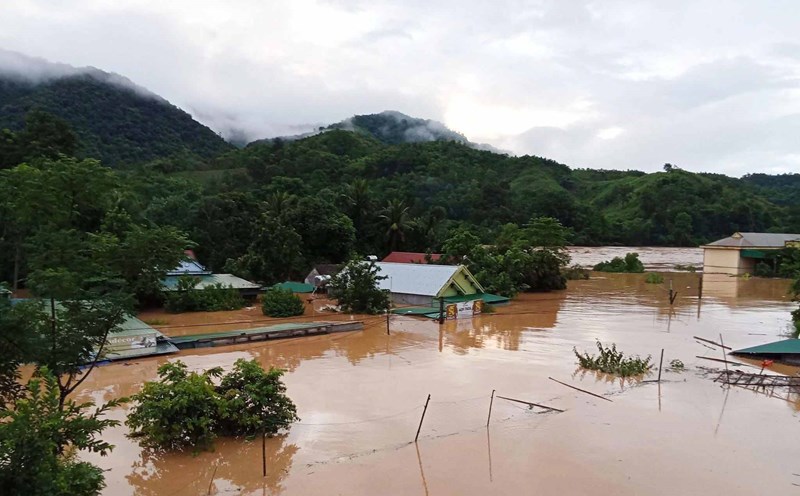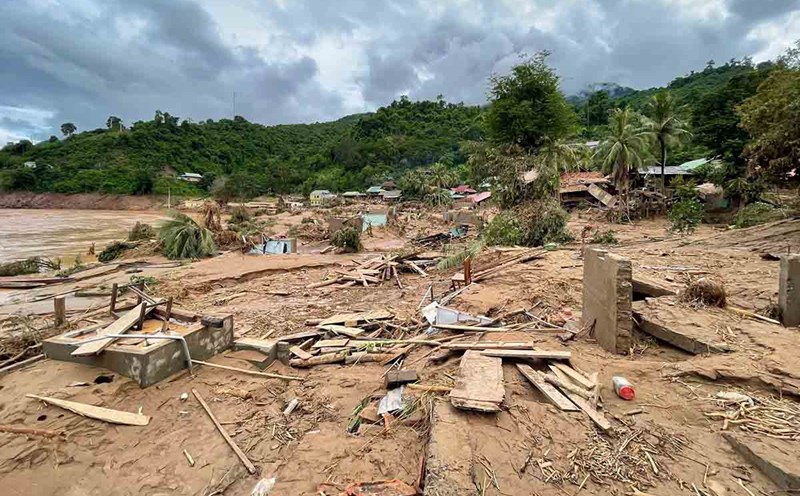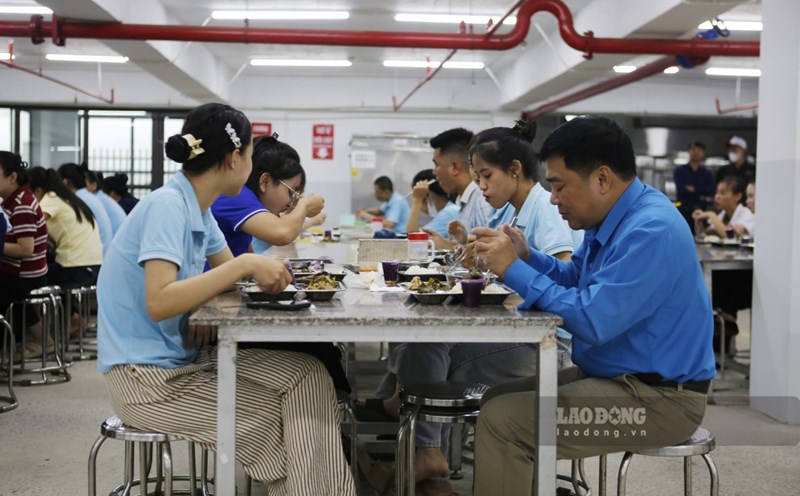Although all diseases are currently mild, Chinese health officials and the World Health Organization (WHO) have warned of the risk of the epidemic spreading domestically and internationally.
As of July 22, the city of foshan ( guangdong province, China) has recorded a total of 2,658 cases of chikungunya - a virus transmitted through mosquitoes, causing fever and joint pain.
Notably, all cases are at a mild level, according to information from Chinese state media and the Thuan Duc District Health Committee - which accounts for 2,471 cases, equivalent to more than 93% of the total number of cases in the city.
In addition to Thuan Duc, other districts such as Nam Hai and Tram Thanh have also experienced infections, but no serious complications have been recorded.
Responding to an interview with Global Times, epidemiologist Luc Hong Chau - Director of Shenzhen People's Hospital No. 3 - commented: "Phat Son is at a key stage in preventing the chickenungunya epidemic from spreading in the community and beyond the locality".
The city government has mobilized a large scale to deal with the epidemic. 53 hospitals have been designated as chikungunya treatment facilities; more than 3,600 mosquito isolation beds have been prepared; 35 additional hospitals have been licensed to conduct PCR chikungunya testing.
The positive test results were reported to the Chinese CDC system within the day, allowing districts, cities and provinces to handle them in just 2 hours.
All positive cases will be retained for treatment at the hospital, not only to take care of patients but also to prevent the outbreak of a major infection outbreak.
After the rapid increase in the number of cases in foshan, other localities such as Beijing and Zhejiang ( Zhejiang Province) have also issued recommendations for chikungunya prevention.
The Beijing Center for Disease Control and Prevention (CDC) said that "slightly imported" chickenpox cases have appeared, mainly from tropical areas, noting that the risk of cases continues to increase as the number of international visitors increases sharply again.
On July 22, the World Health Organization (WHO) issued an urgent warning, calling on countries to take immediate action to prevent the risk of the chikungunya outbreak globally, repeating the scenario that happened 2 decades ago.
The WHO said it has recorded new outbreaks involving the Indian Ocean, spreading to Europe and many other regions.
Chikungunya is a viral disease transmitted through mosquitoes, especially Aedes mosquitoes. Although the mortality rate is low, the disease can cause severe joint pain that lasts for many months, significantly reducing the quality of life.
There is currently no vaccine or specific treatment, prevention mainly relies on mosquito control and mosquito repellent control.











